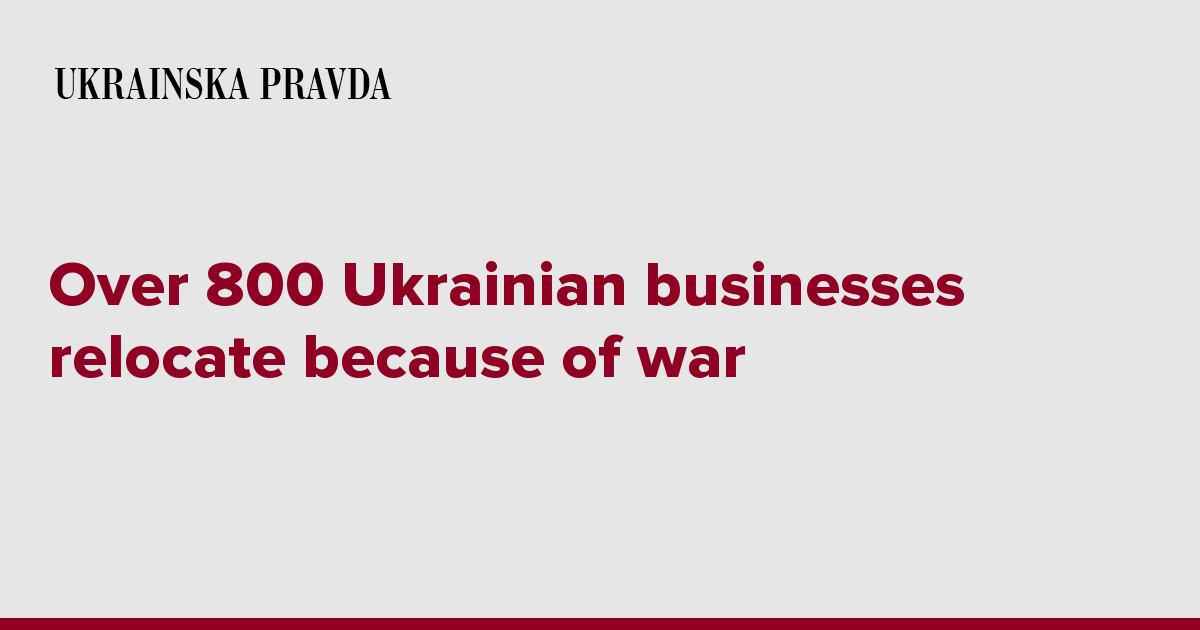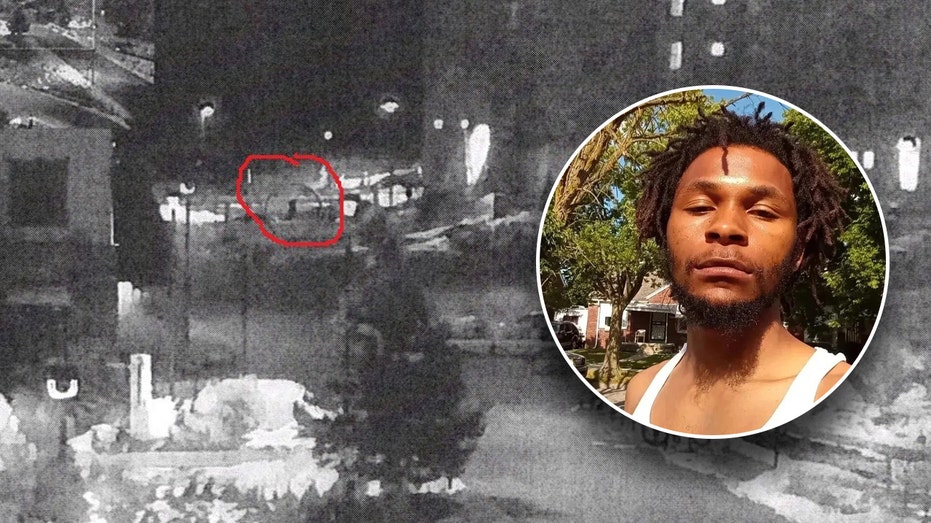Decade after MH17 disaster: 1 in 8 families of victims still grapple with severe grief
A new study by Dutch Professor Jos de Keijser found that 10 years after the downing of Malaysia Airlines flight MH17, some victims' families still experience intense grief and suffer from insomnia, concentration problems, and depression, while others show remarkable resilience.


A decade after the Russian downing of Malaysia Airlines plane MH17 above Ukraine, one in eight families of the victims continue to struggle with severe grief, according to Dutch media NOS.
On 17 July 2014, a BUK missile system, transported from Russia to a field in Eastern Ukraine, shot down Malaysian Airlines flight MH17, killing all 298 people on board. The passengers were mostly Dutch, but other also came from Australia, Malaysia, Indonesia, the United Kingdom, Belgium, Germany, the Philippines, Canada, New Zealand, Vietnam, Israel, Italy, Romania, the United States and South Africa.
The study by Professor Jos de Keijser from the University of Groningen found that these families are unable to come to terms with the loss of their loved ones, according to NOS.
They more often experience issues such as insomnia, concentration problems, depression, post-traumatic stress disorders (PTSD), and long-term serious grief disorders.
De Keyser’s research identified four groups of relatives:
- those who have shown resilience
- a recovery group showing improvement
- a group with persistent but stable complaints
- A chronic group continuing to struggle.
“One in eight surviving relatives belongs to the chronic group in which things continue to go badly,” De Keyser stated.
The professor emphasized that while some people can recover with therapy, others find it more challenging. He expressed admiration for those who have managed to rebuild their lives, noting that this group includes individuals who lost entire families.
The findings, however, do not apply to all relatives, as the researchers interviewed nearly 300 of the approximately 1,300 relatives of the deceased.
Who was found guilty?
On 17 July 2014, Malaysia Airlines flight MH17 from Amsterdam to Kuala Lumpur was shot down in Donetsk Oblast. All 298 passengers and crew members died.
On 17 November 2022, the Hague District Court delivered its verdict and found three individuals guilty: Russian citizens Igor Girkin-Strelkov and Sergey Dubinsky, and Ukrainian citizen Leonid Kharchenko. All three were sentenced to life imprisonment in absentia for their roles in the downing of the aircraft.
The court also ordered the convicted individuals to pay compensation to the relatives of the victims, with total amount of compensation exceeding 16 million euros ($17.4 million)
The verdict came after a lengthy investigation conducted by the Joint Investigative Team (JIT), comprised of the criminal investigation agencies of the Netherlands, Malaysia, Australia, Belgium, and Ukraine.
The Hague District Court also found that Russia had controlled the self-proclaimed “Donetsk People’s Republic” (“DNR”) since at least May 2014.
Throughout the investigation and trial, Russia consistently denied any involvement in the downing of MH17. Ahead of the 10th anniversary of the disaster, the EU reiterated its demand for Russia to acknowledge responsibility for the missile attack that killed 298 people.
In 2024, Igor Girkin (Strelkov) was sentenced to four years in a Russian penal colony, however, not for MH17 disaster. He criticised Russian ineffective military campaign against Ukraine, which a Russian court deemed as a discredit to the Russian army and sent him to prison for this.
Related:
- MH-17 shooter Girkin convicted on extremism charges in Russia
- MH-17 flight downed 3 years ago. How much do we know now?
- EU: Russia must admit responsibility for MH17 tragedy
- Ukraine claims milestone in top UN Court, but Russia left unpunished



